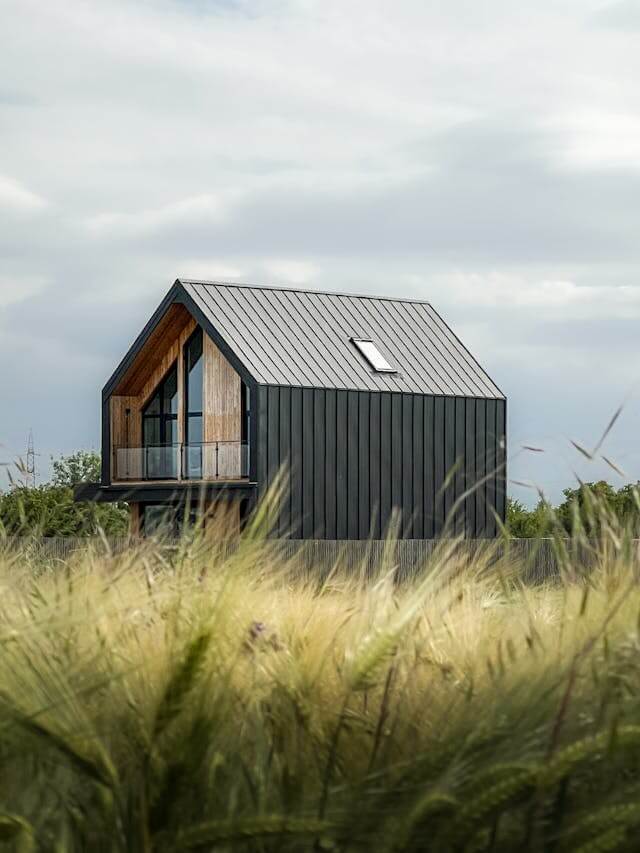Tennessee Tiny House Zoning Laws Overview
Tennessee's tiny house zoning reflects its diverse geography and local government structure—from Memphis and Nashville urban cores to mountain counties along the North Carolina border to rural western plains—with each of its ninety-five counties maintaining independent regulatory approaches. Unlike states with comprehensive tiny house legislation, Tennessee delegates zoning and building code authority entirely to counties and municipalities, creating a patchwork where rules for accessory dwelling units (ADUs), tiny houses on foundations, and tiny houses on wheels (THOWs) vary dramatically by jurisdiction. The state has adopted the International Residential Code (IRC) as a baseline, but counties choose whether to enforce building codes at all, and many rural counties have minimal or no formal building inspection programs. Urban counties (Davidson, Shelby, Knox, Hamilton) and their municipalities have increasingly adopted ADU ordinances providing pathways for foundation-built tiny houses, though requirements for owner-occupancy, minimum/maximum sizes, and setbacks differ by city. Middle Tennessee growth counties around Nashville face pressure to address housing affordability through ADUs, while East Tennessee mountain counties often emphasize tourism and second-home development with stricter regulations. Rural counties, particularly in West and Middle Tennessee, generally offer more zoning flexibility but present infrastructure challenges with water, septic, and utilities. THOWs face classification as recreational vehicles across most of Tennessee, subject to occupancy time limits or outright prohibitions unless explicitly recognized by local codes, and many counties restrict RV living to licensed parks. Foundation-built tiny houses must comply with IRC where adopted and may utilize Appendix Q (Tiny Houses) in jurisdictions that have adopted this provision, though few Tennessee counties have explicitly done so. Always verify your property's specific zoning classification, check for restrictive covenants, confirm water and septic feasibility, and consult local planning departments before purchasing land or beginning construction in this jurisdictionally diverse state.
Tennessee has no statewide tiny house law; each county and city sets its own rules, with many rural counties having minimal building code enforcement.
Understanding the zoning laws is just the first step. Once you know what is legal in Tennessee, you can start looking at tiny houses for sale in Tennessee or connect with experienced Tennessee builders who work within these regulations. If you want a turnkey solution, consider joining a tiny house community in Tennessee where all the zoning and permits are already handled.
Before you buy land or start construction, use our zoning finder tool to check specific county requirements, and get a budget estimate with our free tiny house cost calculator. If you're planning to go off-grid, check out our comprehensive off-grid living guide to understand utility and septic requirements.
